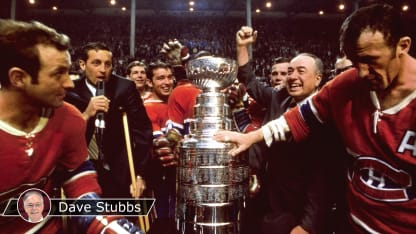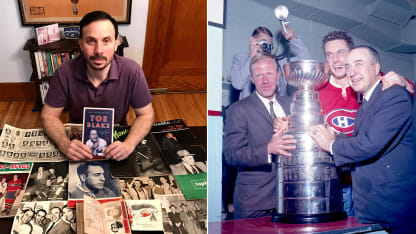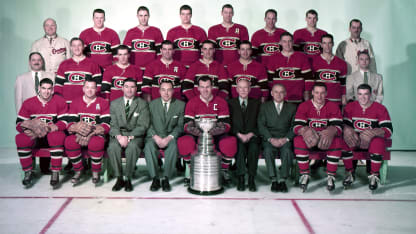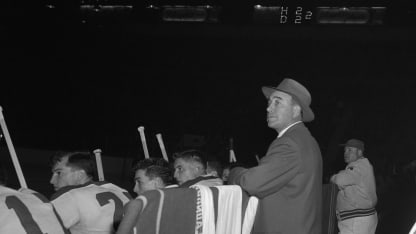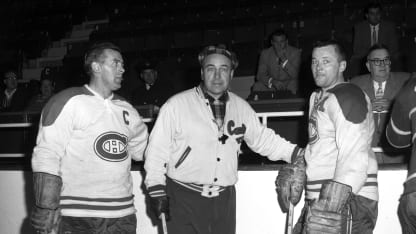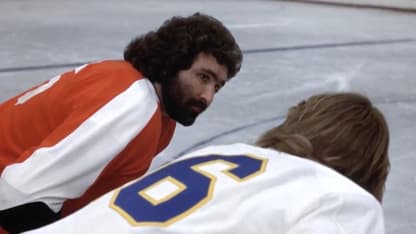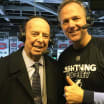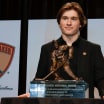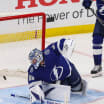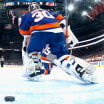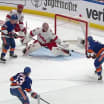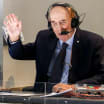Toe Blake behind the Canadiens bench, (from left) Don Marshall, Henri Richard and Jean Beliveau in front of him.
Logothetis, 42, spent more than a decade covering the Olympics, Formula 1 racing, and World Cup and Champions League soccer before returning to his hometown of Montreal. He got to know Blake's son, Bruce, in their youth as each family owned nearby cottages in the country north of the city.
"Somehow I had goalie pads in the middle of the summer," Logothetis said. "I was in my teens, back from a hockey camp, and I heard that Toe was up to visit Bruce. Toe offered to test out my skills, so I strapped on the pads and he got a tennis ball out and started taking shots on me. It's always stuck with me."
Years later, Logothetis got to wondering how it was that Blake and his legendary playing and coaching career had to this day remained largely a mystery. He ran the idea of a book by Bruce Blake, "got his blessing in a sense," and went to work in January 2017. Three years later, the project was released.
As he dug, Logothetis grew increasingly impressed with Blake's Depression-era work ethic, cast in the mines in which the latter toiled even during his playing days to make ends meet. As Logothetis researched, he gained a huge appreciation for Blake's impact and legacy, and his great love of the game.
